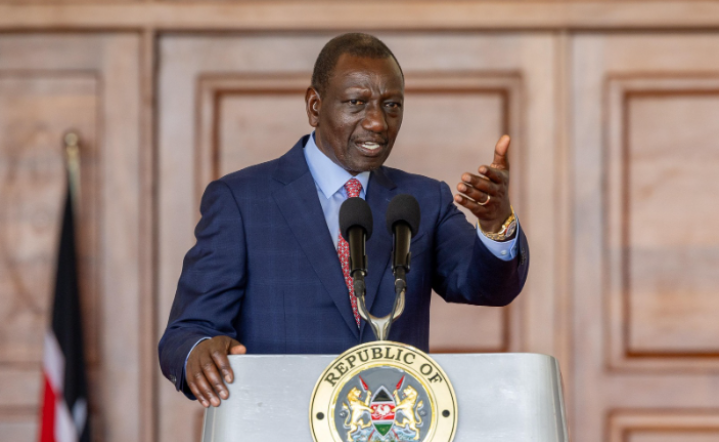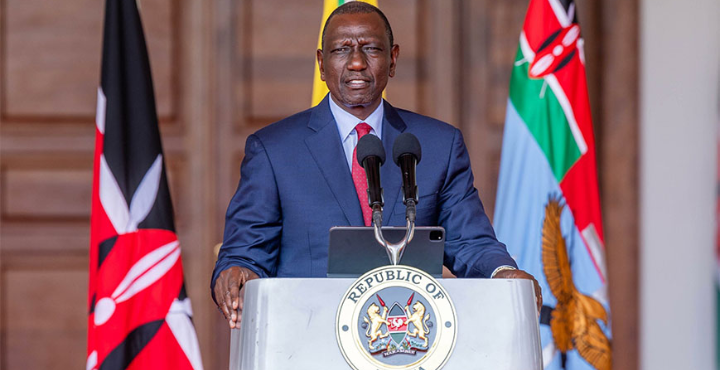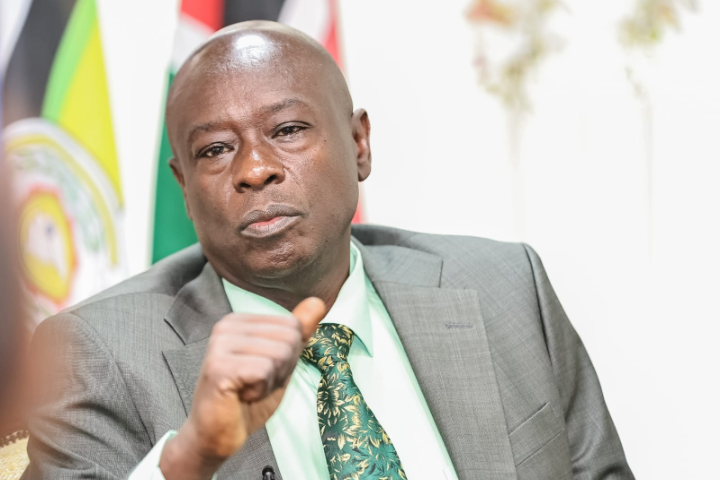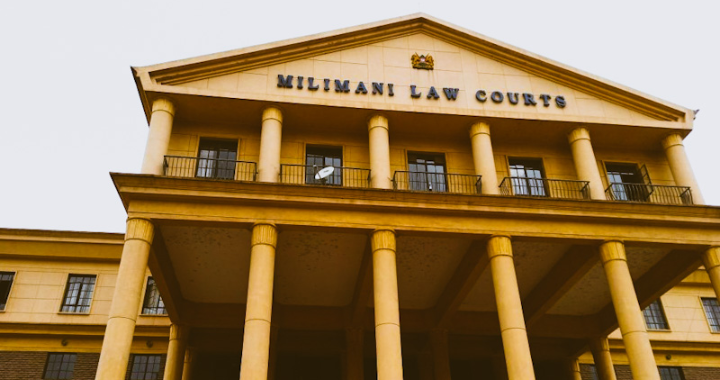President William Ruto has once again defended the involvement of Indian conglomerate Adani in the country’s critical infrastructure projects. He urged Kenyans to embrace private partnerships, saying that their ability to finance large-scale projects and reduce the country’s reliance on loans.
Ruto made these remarks on October 24, during the groundbreaking ceremony of the 35MW Orpower 22 Power Plant in Nakuru County.
Ruto pointed to the recent deal between Adani and the Kenya Electricity Transmission Company Limited (KETRACO). This partnership, worth Ksh95.7 billion, aims to operate and maintain power transmission lines and substations for 30 years. According to Ruto, such partnerships can ease the tax burden on Kenyans by utilizing private-sector investments.
City Digest News is Now on Facebook! Click Here to Follow Our Page
“The Adani group is investing their own money in the transmission line, saving us from borrowing and adding to our debt. The transmission line will be funded through negotiated charges, not loans,” said Ruto.
Ruto Defends Adani’s Public-Private Partnerships
The President believes that private-sector involvement is essential for Kenya to reach its potential. He stressed the importance of Public-Private Partnerships (PPPs) in improving public services while leveraging private-sector efficiency.
Ruto highlighted the 35MW Orpower 22 Power Plant as an example of successful PPPs. Chinese firm Kaishan Group has invested Ksh12 billion in the project, which began supplying electricity in June 2023. Other private investors, including Sossian, Globlec, Adani, and Kaishan, are playing key roles in powering Kenya’s infrastructure development.
President Ruto added that these partnerships have been instrumental in developing Kenya’s energy and road sectors. Over the years, they have allowed the government to execute high-quality infrastructure projects without increasing the national debt.
Controversy Surrounding Adani’s Airport Deal
However, Adani’s involvement in Kenyan projects has not been without controversy. The company’s plan to take over Jomo Kenyatta International Airport (JKIA) for 30 years has drawn widespread criticism. Concerns arose over the leasing of such a strategic national asset to a foreign entity.
Organizations like the Kenya Human Rights Commission (KHRC) and the Law Society of Kenya (LSK) have gone to court to halt the deal. They argue that leasing such a profitable airport to a company with a controversial past raises concerns about transparency and accountability
Despite the backlash, Ruto defended the plan to expand JKIA, highlighting its importance for Kenya’s future growth. The expansion is part of the government’s vision to boost visitor numbers to five million by 2027. Adani has committed Ksh238 billion to upgrade and modernize the airport, which Ruto believes will strengthen Kenya’s position as a global aviation hub.
Former Prime Minister Raila Odinga also weighed in on the debate, defending Adani’s track record. Speaking earlier this month, Odinga assured critics that Adani has a long-standing history of successful investments in Kenya, dating back to 2010. He further urged stakeholders to look at the positive impact of similar projects in India, which Adani has executed effectively.













